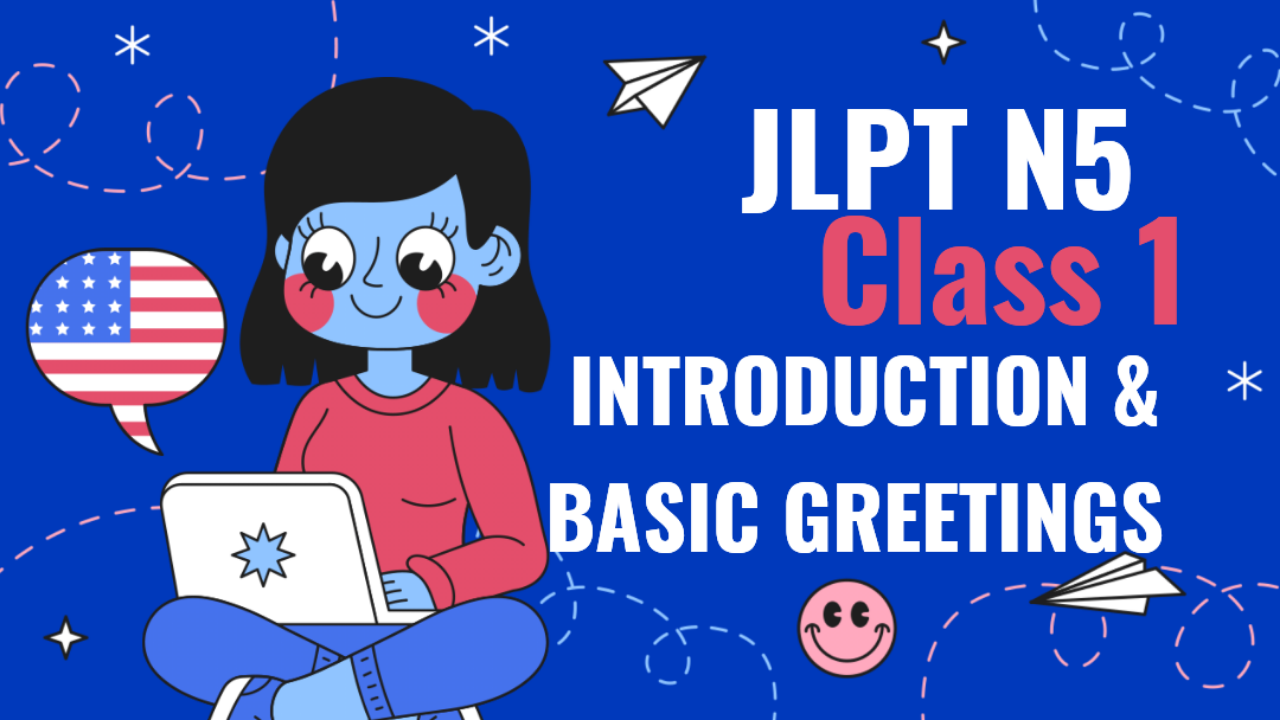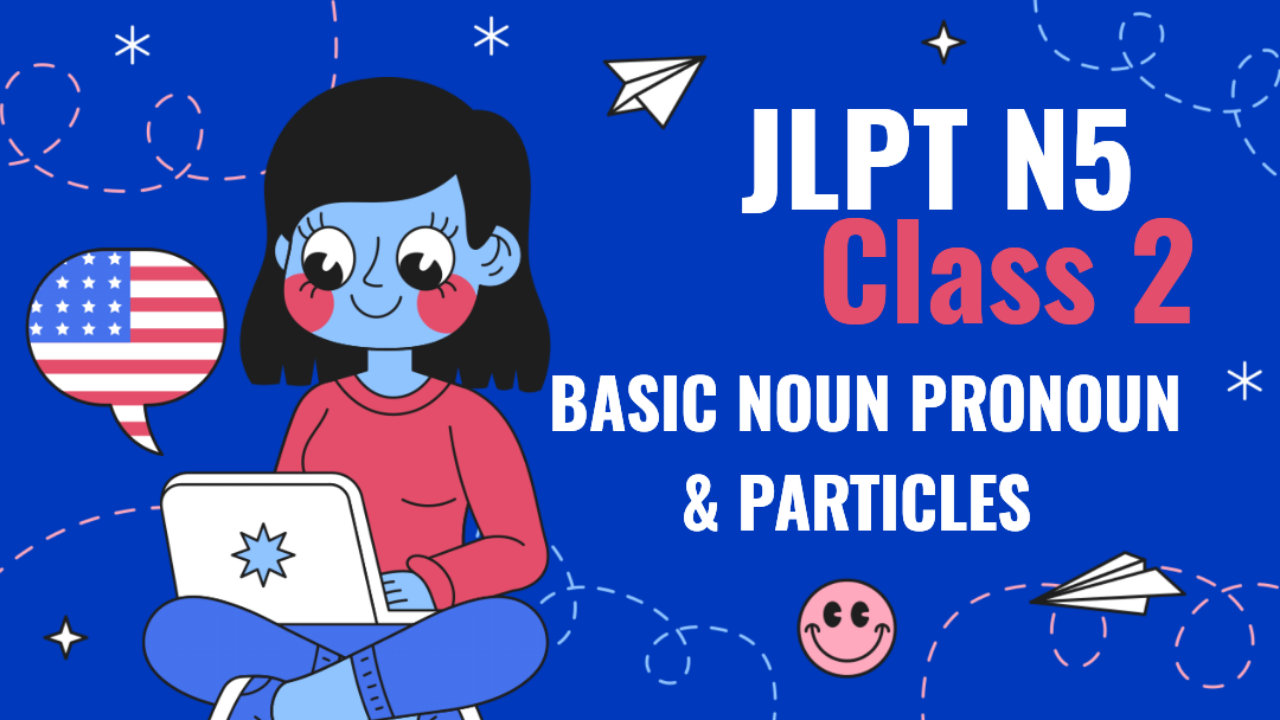Class for IGNOU MBA OM: MMPC-003 (Business Environment)
Unit 3: Political Environment
1. Introduction to Political Environment
The political environment refers to the influence of government policies, political stability, and administrative practices on business operations. It plays a crucial role in determining the overall business climate, influencing regulations, taxation, and trade policies that affect companies' decision-making and growth.
2. Key Theories and Concepts
2.1. Political System
- Definition: A political system is the framework by which political power is exercised in a country, which includes the structure of government, political parties, and the functioning of public institutions.
- Types of Political Systems:
- Democracy: A system in which the government is elected by the people, and policies reflect the public will.
- Autocracy: A system with centralized control where power resides in one leader or ruling group.
- Communism: A political and economic ideology where the government controls all aspects of production and distribution.
2.2. Government’s Role in Business
- Regulation and Control: Governments regulate businesses through laws related to labor, safety, environmental standards, and corporate governance.
- Taxation Policies: The way taxes are imposed on businesses (corporate tax, excise duties) affects profitability.
- Trade Policies: Government regulations on imports, exports, tariffs, and foreign trade agreements impact businesses, especially multinational corporations.
- Incentives and Subsidies: Governments provide various incentives, such as subsidies, to promote industries critical for economic growth.
2.3. Political Stability and its Impact
- Definition: Political stability refers to the consistent functioning of a government without significant disruptions like civil unrest, coups, or political upheaval.
- Importance: Stable political environments encourage investment and business growth, while unstable environments can lead to uncertainty, inflation, and loss of investor confidence.
2.4. Legal Framework
- Business Laws: These include laws that regulate the formation, operation, and dissolution of companies. They ensure businesses act responsibly and in accordance with national regulations.
- Company Law: Governs the registration, structure, and operation of companies.
- Labour Law: Protects employee rights and sets standards for working conditions.
- Competition Law: Ensures fair competition among businesses and prevents monopolies.
- Consumer Protection Laws: Protect consumers from unethical business practices like false advertising and substandard products.
3. Government’s Economic Policies
3.1. Fiscal Policy
- Definition: Fiscal policy refers to the government’s use of taxation and spending to influence the economy.
- Impact on Business: Increased government spending can lead to more demand for goods and services, while high taxes can reduce business profits and discourage investment.
3.2. Monetary Policy
- Definition: Monetary policy involves controlling the supply of money and interest rates by a central bank to stabilize the economy.
- Impact on Business: Lower interest rates encourage borrowing and expansion, while higher rates reduce disposable income and consumer spending.
3.3. Industrial Policy
- Definition: Industrial policy refers to the government’s strategies to encourage the development of specific industries.
- Objectives:
- Promote technological innovation.
- Develop key sectors like manufacturing.
- Encourage investment in research and development (R&D).
4. Experiments/Case Studies in Unit 3
An illustrative case study might focus on the impact of Brexit on UK businesses. The political decision to leave the European Union (EU) brought uncertainty to trade, tariffs, and regulations. As the UK separated from the EU's trade agreements, businesses had to adapt to new legal and regulatory frameworks, affecting their costs and market access. This case demonstrates how political decisions can have far-reaching effects on business operations.
5. Simplified Summary of Unit 3
The political environment shapes the business landscape through government actions, laws, and regulations. Businesses must adapt to various political systems like democracy, autocracy, or communism and deal with laws related to competition, labor, and taxation. Political stability is crucial for business growth, while fiscal and monetary policies influence the economy. Understanding the legal framework and political decisions such as industrial policy can help businesses plan for the future.
6. Assignment Questions
- Define the political environment and explain how it influences business operations.
- Discuss the role of government regulation in business activities. Provide examples of how businesses are affected by taxation policies.
- How does political stability impact a country’s economic environment and business growth?
- Explain the importance of fiscal and monetary policies in shaping business decisions.
7. Self-Study Questions
- What are the key differences between democracy and autocracy in terms of their impact on businesses?
- How do changes in monetary policy affect business investments and consumer spending?
- Why is it important for businesses to understand the legal framework and comply with regulations?
8. Exam Questions
- Explain the political system and its types. How do different political systems impact business environments?
- Discuss the importance of government economic policies such as fiscal and monetary policies for business decision-making.
- What are the challenges that businesses face in an unstable political environment? Provide real-life examples of how political instability has affected businesses.
This class on Unit 3: Political Environment of MMPC-003 emphasizes the significance of government actions, legal frameworks, political systems, and policies in shaping the business environment. Businesses must understand political stability, laws, and economic policies to operate successfully in different countries.





















